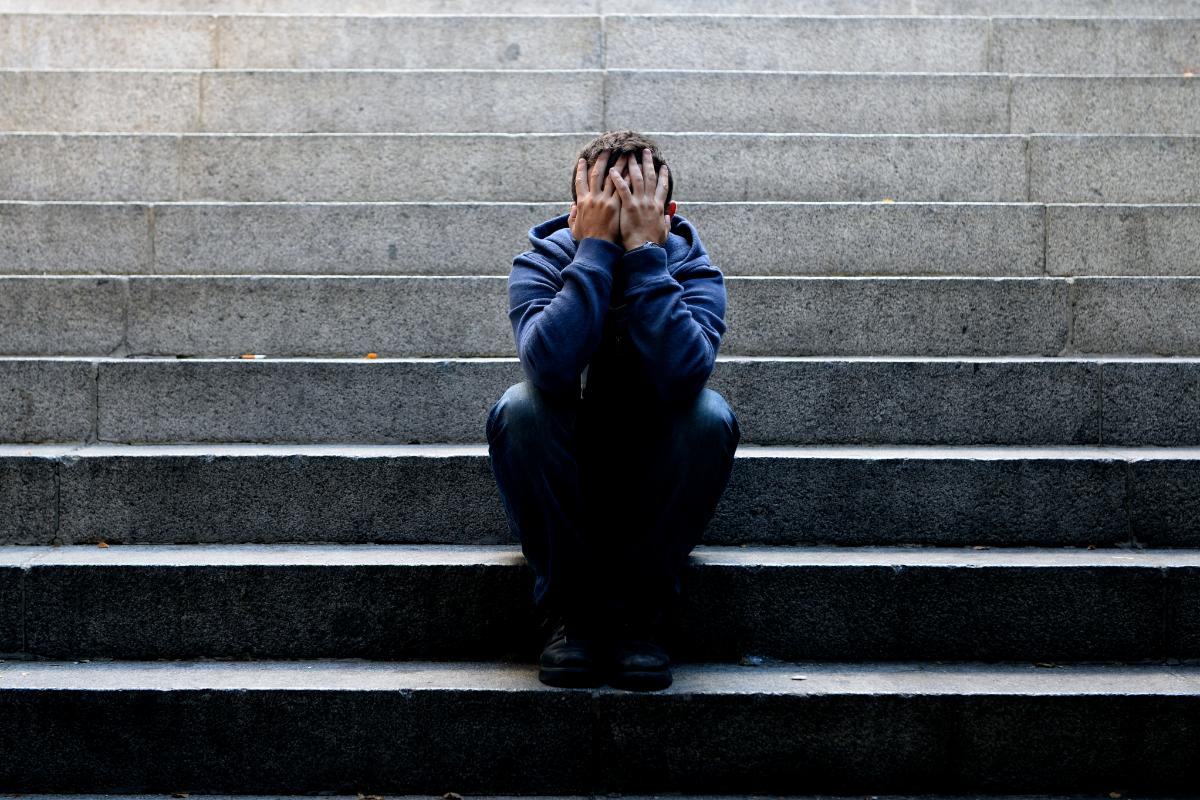Depression affects millions of Americans every year – children, adolescents, and adults at all stages of life. The disease of depression can wreak havoc in the lives of sufferers and their families and, when left untreated, can have severe consequences. How do you know if you or someone you know is experiencing depression? Learning about some signs and symptoms of depression is important so you can help yourself and others. Medication is often part of the solution in conjunction with effective therapy. A depression treatment program can help mitigate the symptoms of depression, discover its roots, and shift behaviors and mindsets that exacerbate it.
To learn more about the types of depression that affect anyone regardless of demographics and what depression treatment programs can offer, reach out to Pennsylvania Adult & Teen Challenge (PAATC) today. Our staff is ready to talk to you about depression treatment and dual diagnosis treatment if you or someone you love has co-occurring disorders of depression and addiction. Our number is 888.546.2579, and this online form will also get you through to someone who can help.
Types of Depression
Not all depression is the same. There are several manifestations of this mental health disorder, all of which must be taken seriously and treated. The most common forms of depression are:
- Major depressive disorder – Involving loss of functioning due to severe depressive symptoms
- High functioning depression (persistent depressive disorder, formerly known as dysthymia) – Depression that is diagnosed without the criterion of functional impairment
- Bipolar disorder – Depression which cycles with manic episodes and can include symptoms of psychosis
- Postpartum depression – Occurring in one out of seven postpartum mothers
- Psychotic depression – With co-occurring symptoms of psychosis including paranoia, delusions, and hallucinations
- Seasonal affective disorder (SAD) – Triggered by seasonal loss of daylight and shorter days, SAD recedes in the seasons of more light.
If you or someone you care about experiences any symptoms of depression seek information, support, and treatment.
High Functioning Depression
For most mental health disorders, impairment of functioning, such as an inability to meet job demands, function in school, or manage relationships, is listed as one of the criteria for diagnosis. But for many people, their depression allows them to continue functioning. This does not mean that they are not depressed or that their condition is not significant. It just means that they are dealing with a level of the disorder that permits them to push through, or perhaps they have coping mechanisms that mitigate their impairment or a personality type that demands they cope in a particular way.
High functioning depression is also called PDD or persistent depressive disorder. People experience mental health disorders differently; for many, their depression may not seem obvious to others. In some ways, PDD is more dangerous as it can continue without the sufferers or their families and friends realizing that they are experiencing significant depression.
The Signs of High-Functioning Depression
You may be dealing with high-functioning depression and not realize it. The people around you, your loved ones, colleagues, and friends, may sense something is off but not recognize it for what it is. Some of the warning signs of high functioning depression are listed below:
- It’s hard to find the energy to get things done. For example, your boss may wrongly think you are not a hard worker.
- Your self-esteem is threatened by feelings of inadequacy about things that are not actually in your control.
- Your drug or alcohol use rises as you seek ways to counteract the feelings of depression.
- People think you are a buzz-kill because you can’t see the light at the end of any tunnel.
- You cry more often than you used to, sometimes for no real reason.
- You get your work done at school or work, but it exhausts you more than you think it should, and you can barely muster the energy to show up for anything outside work or school hours.
- Your sleep and eating patterns are all over the place, so you either eat or sleep too much or not enough, or both in a random cycle.
If any of the above rings true for you, reach out today.
PAATC Can Help with High-Functioning Depression
Don’t wait till things get worse. Pervasive depressive disorder can last for years and affect your quality of life. You deserve to feel better – let PAATC help.
Our evidence-based therapies, such as cognitive-behavioral therapy (CBT), can help you cope with high-functioning depression. Call 888.546.2579 or use our online form to get answers and support.







